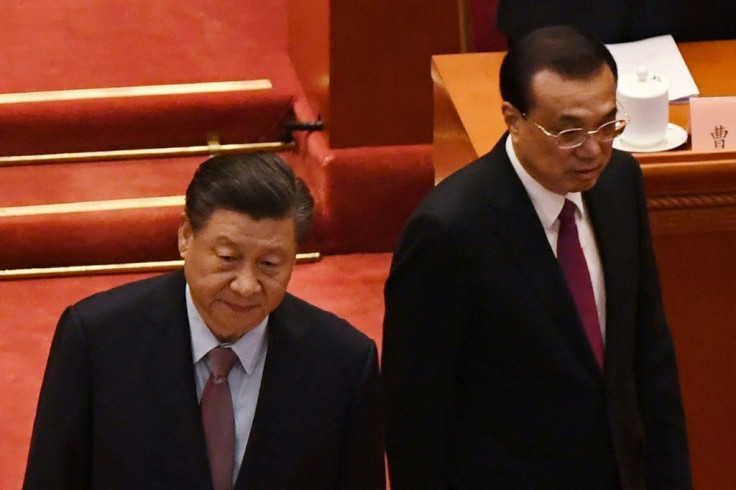China Could Invade Taiwan In 'Next 6 Years', Guam 'A Target': US Commander
KEY POINTS
- China could invade Taiwan in the next six years
- Chinese military forces are 'targeting' Guam
- Beijing urged the Biden administration to roll back its support for Taiwan
A top U.S. commander on Tuesday warned that China could invade Taiwan in the next six years as Beijing moves to replace American military power in Asia.
Adm. Philip Davidson Philip Davidson, Washington’s top military officer in Asia-Pacific, joined a U.S. Senate armed services committee hearing where he warned of a potential invasion of Taiwan by Chinese forces.
“I worry that they’re [China] accelerating their ambitions to supplant the United States and our leadership role in the rules-based international order ... by 2050,” Davidson said Tuesday.
“Taiwan is clearly one of their ambitions before that. And I think the threat is manifest during this decade, in fact, in the next six years,” he added.
Davidson also warned that China is targeting the American island of Guam. He recalled a video that showed the Chinese military simulating an attack on a base that resembled the U.S. facilities in Guam.
“Guam is a target today,” he said during the committee meeting.
He urged lawmakers to approve the installation of an anti-missile battery in Guam, which he noted should be “defended” and “prepared” for possible threats.
The armed services committee hearing came after China’s foreign minister, Wang Yi, on Sunday urged President Joe Biden to roll back its support for Taiwan, calling it a “dangerous practice” and a “red line” for Beijing.
Wang added that the Chinese government will not have “room for compromise” on the “Taiwan issue.” The foreign minister also shared that Beijing may invade Taiwan if the island declares formal independence.
Wang, who has been the foreign minister since 2013, said Beijing is open to working with the Biden administration to discuss common issues, including the COVID-19 pandemic and climate change.
The Chinese government has constantly viewed the Democratic and self-ruled island of Taiwan as part of their territory, even after it split from Beijing at the end of the civil war in 1949.
The U.S. has no official relations with Taipei. However, former President Donald Trump got under China's skin when he sent Cabinet officials to Taiwan in a show of support. President Biden also invited Taiwan’s de factor ambassador to the U.S. to his inauguration.

© Copyright IBTimes 2025. All rights reserved.






















